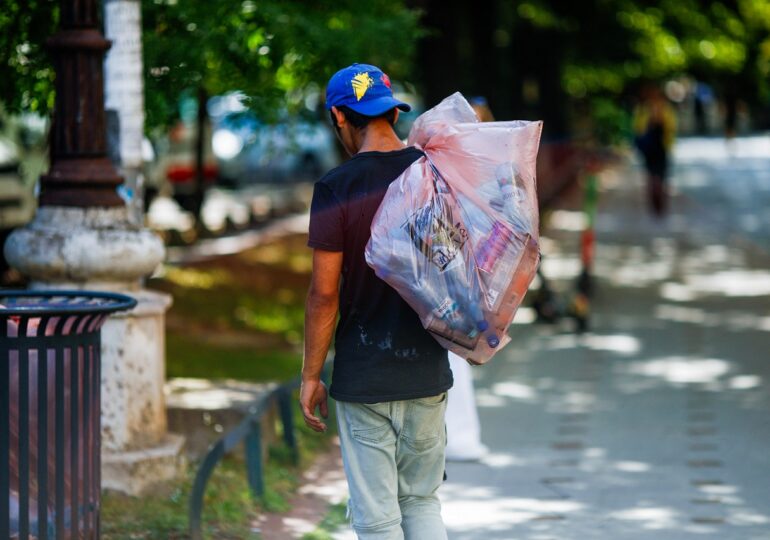Romania remains at the bottom of the European Union in terms of recycling, according to the most recent Eurostat data.
In 2024, only 1.3% of the materials used in the national economy came from recycled sources – nearly ten times less than the EU average, which stands at 12.2%. The indicator, called „circular material use rate,” shows how much recycled materials contribute to total consumption and highlights major differences among member states.
Data published by Eurostat show significant differences among EU member states regarding recycling. The indicator, known as "circular material use rate," measures the contribution of recycled materials to overall material use.
In 2024, the recycling rate was highest in the Netherlands (32.7%), followed by Belgium (22.7%) and Italy (21.6%).
Alongside Romania at 1.3%, the lowest rates were recorded in Finland and Ireland (2.0% each) and Portugal (3.0%).
Compared to 2023, European recycling rates increased by 0.1 percentage points, marking the highest share recorded to date. Compared to 2015, the recycling rate is 1.0 percentage point higher.
Between 2015 and 2024, recycling rates increased in 21 EU countries. Malta (+14.0 percentage points), Estonia (+9.1 percentage points), and the Czech Republic (+7.9 percentage points) saw the largest increases.
Conversely, recycling rates decreased in 6 EU countries, particularly in Poland (-4.2 percentage points) and Finland (-3.2 percentage points).
When analyzing different material types, the EU's recycling rate in 2024 was highest for:
- Metallic ores: 23.4% (-1.2 pp compared to 2023)
- Non-metallic minerals: 14.3% (-0.1 pp)
- Biomass: 9.9% (+0.2 pp)
- Fossil energy carrier materials: 3.8% (+0.4 pp).
The 2020 Circular Economy Action Plan aims to double the rate of circular material use in the EU by 2030, reaching 23.2%.
Differences in recycling rates among EU countries depend on the balance between new resources extracted from the environment and those reintroduced into the economy.

